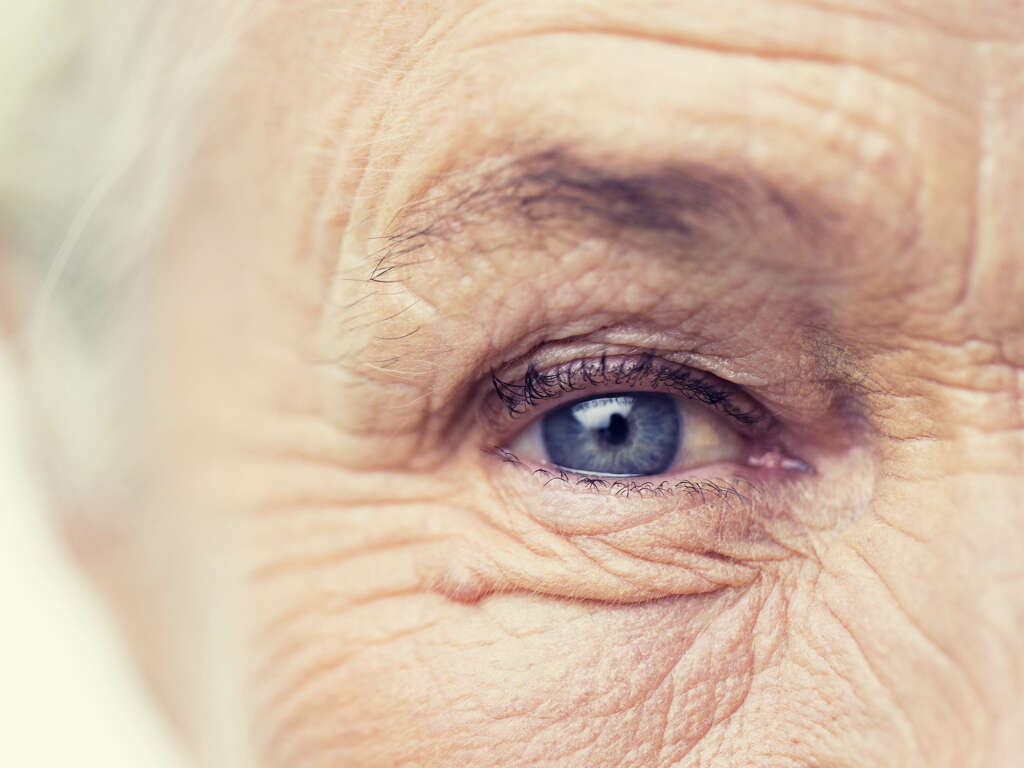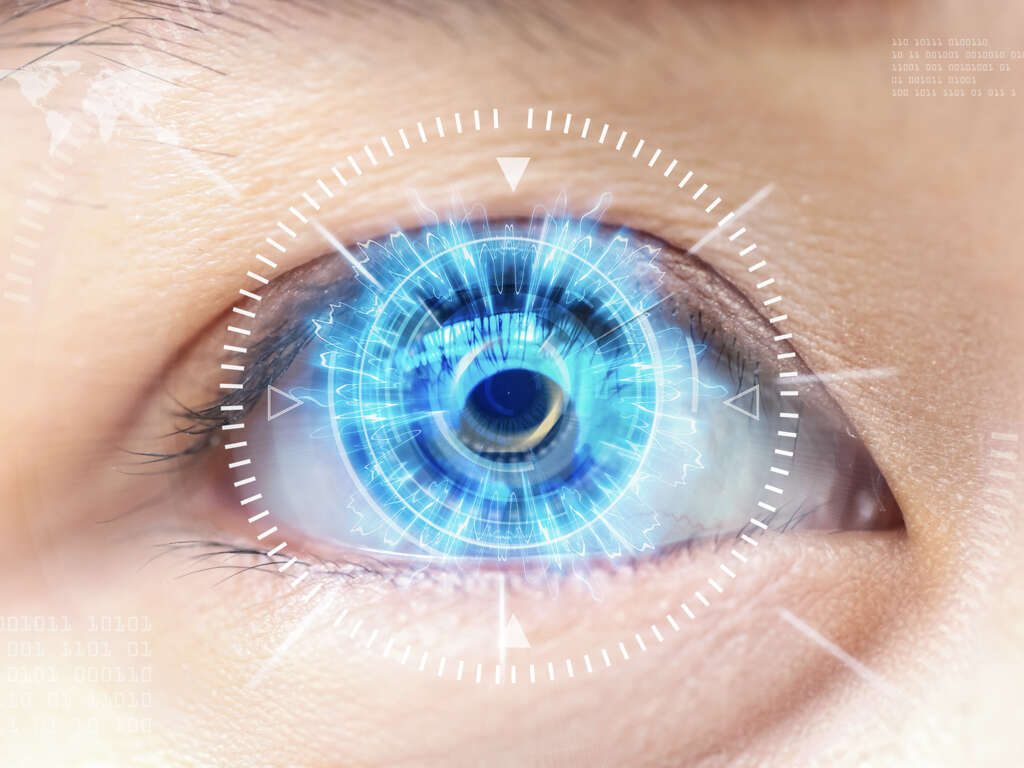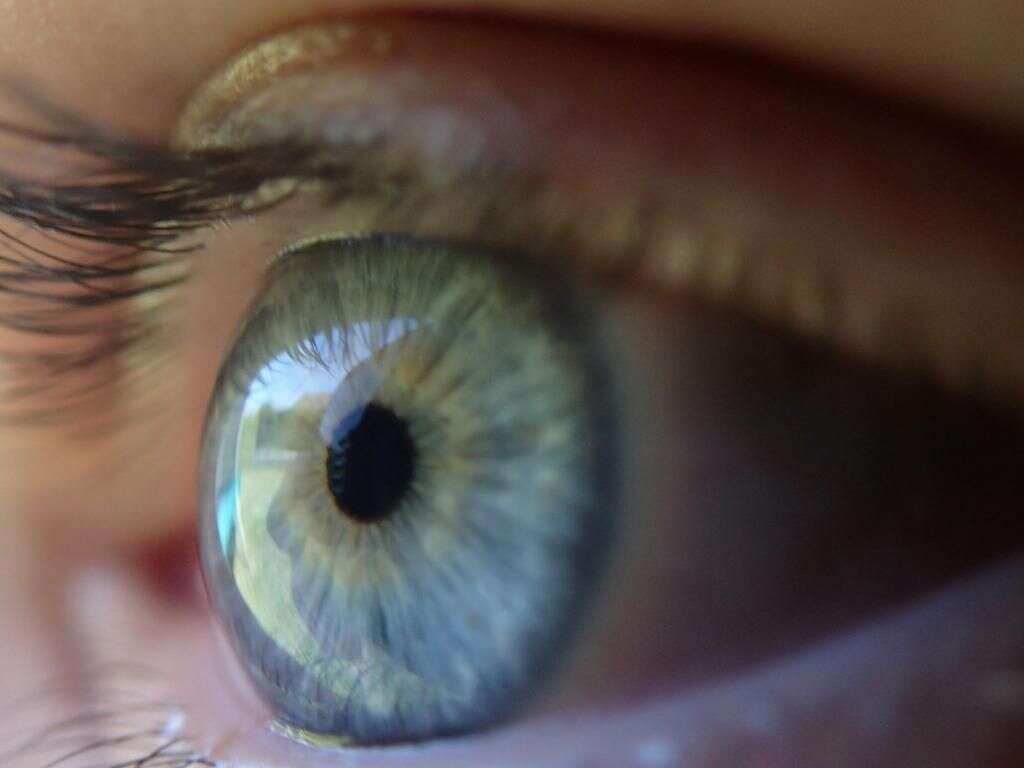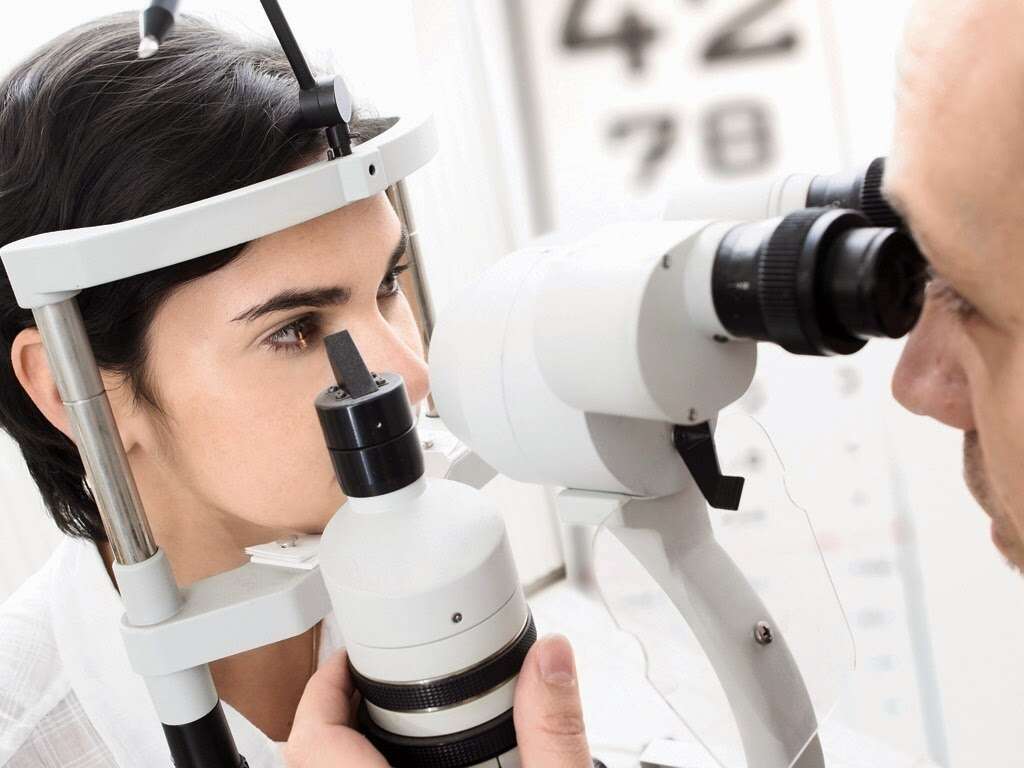10 Nystagmus Symptoms
 Article Sources
Article Sources
- 1. 'Shedding Light on Photophobia.' PubMed Central (PMC), www.ncbi.nlm.nih.gov/pmc/articles/PMC3485070/
- 2. 'Nystagmus.' Johns Hopkins Medicine, Based in Baltimore, Maryland, www.hopkinsmedicine.org/health/conditions-and-diseases/nystagmus
- 3. 'Nystagmus.' RNIB - See Differently, 24 Mar. 2021, www.rnib.org.uk/eye-health/eye-conditions/nystagmus
- 4. 'Nystagmus.' www.aoa.org/healthy-eyes/eye-and-vision-conditions/nystagmus'sso=y
- 5. Huizen, Jennifer. 'Oscillopsia: Causes, Symptoms, and Treatment.' Medical and Health Information, www.medicalnewstoday.com/articles/327484
- 6. Young Woman Presents with Intermittent Diplopia and Nausea. Healio: Medical News, Journals, and Free CME, www.healio.com/news/ophthalmology/20190822/young-woman-presents-with-intermittent-diplopia-and-nausea
- 7. McNamara, Lindsay. 'Nystagmus | Johns Hopkins Vestibular Disorders Center.' Johns Hopkins Medicine, Based in Baltimore, Maryland, 9 Oct. 2019, www.hopkinsmedicine.org/neurology/neurosurgery/centers/clinics/vestibular/conditions/nystagmus.html
Holding Head in a Tilted or Turned Position
Nystagmus symptoms may improve when the head is tilted or turned to a specific position known as the null zone. This is the point in the person's gaze where their eye movements are slowest and feel the most stable.
In this position, a person may experience the least amount of visual disturbance, meaning the impact of nystagmus is minimized. In some instances, a person may find that nodding their head helps improve their vision.
Advertisement









